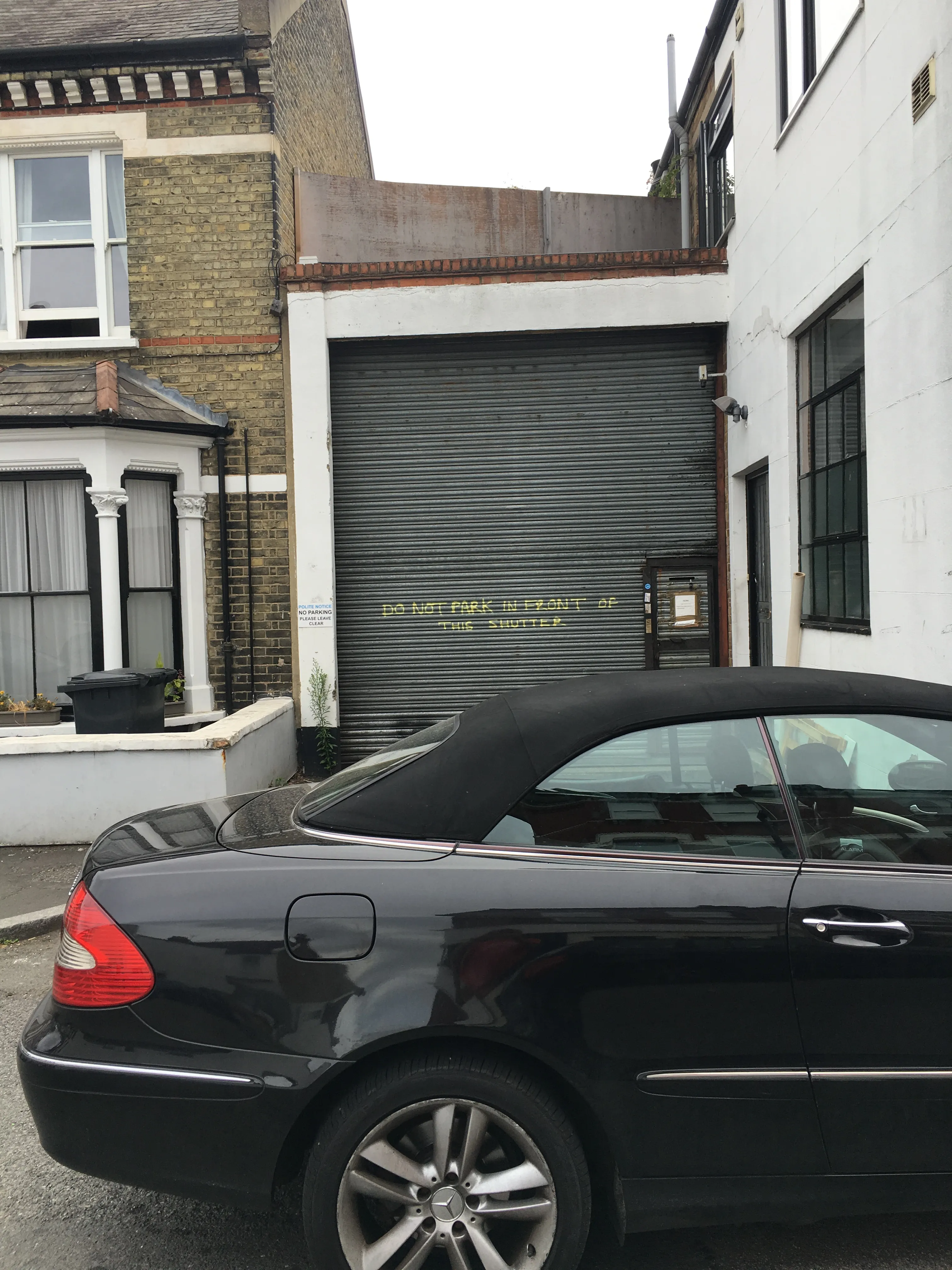There has been an increase in the number of road crashes in Belgium around work zone sites. This problem has been identified by Belgium’s traffic safety institute, VIAS. In 2014 there were 588 road crashes around road work zones in Belgium. However the data shows that in 2016, there were 764 crashes around work zone areas. An increase in the number of road repair jobs is thought to be a factor in this jump in crashes in work zones. Of note is that comparatively few of the crashes occur on major highway rout
May 16, 2018
Read time: 2 mins
There has been an increase in the number of road crashes in Belgium around work zone sites. This problem has been identified by Belgium’s traffic safety institute, VIAS. In 2014 there were 588 road crashes around road work zones in Belgium. However the data shows that in 2016, there were 764 crashes around work zone areas. An increase in the number of road repair jobs is thought to be a factor in this jump in crashes in work zones. Of note is that comparatively few of the crashes occur on major highway routes. This is thought to be because highway work zones are better signposted and also feature less complex traffic flow conditions, with vehicles imply having to slow down rather than negotiate junctions.
Overall though, Belgium’s road safety standards are still of concern. The country has the highest risk of road crashes of any western European nations, with an annual road fatality risk rate nearly twice as high as that of its immediate neighbour, the Netherlands. Low levels of enforcement and insufficient penalties for offenders are thought to be part of the problem. And Belgium’s cities also have heavy congestion levels.








